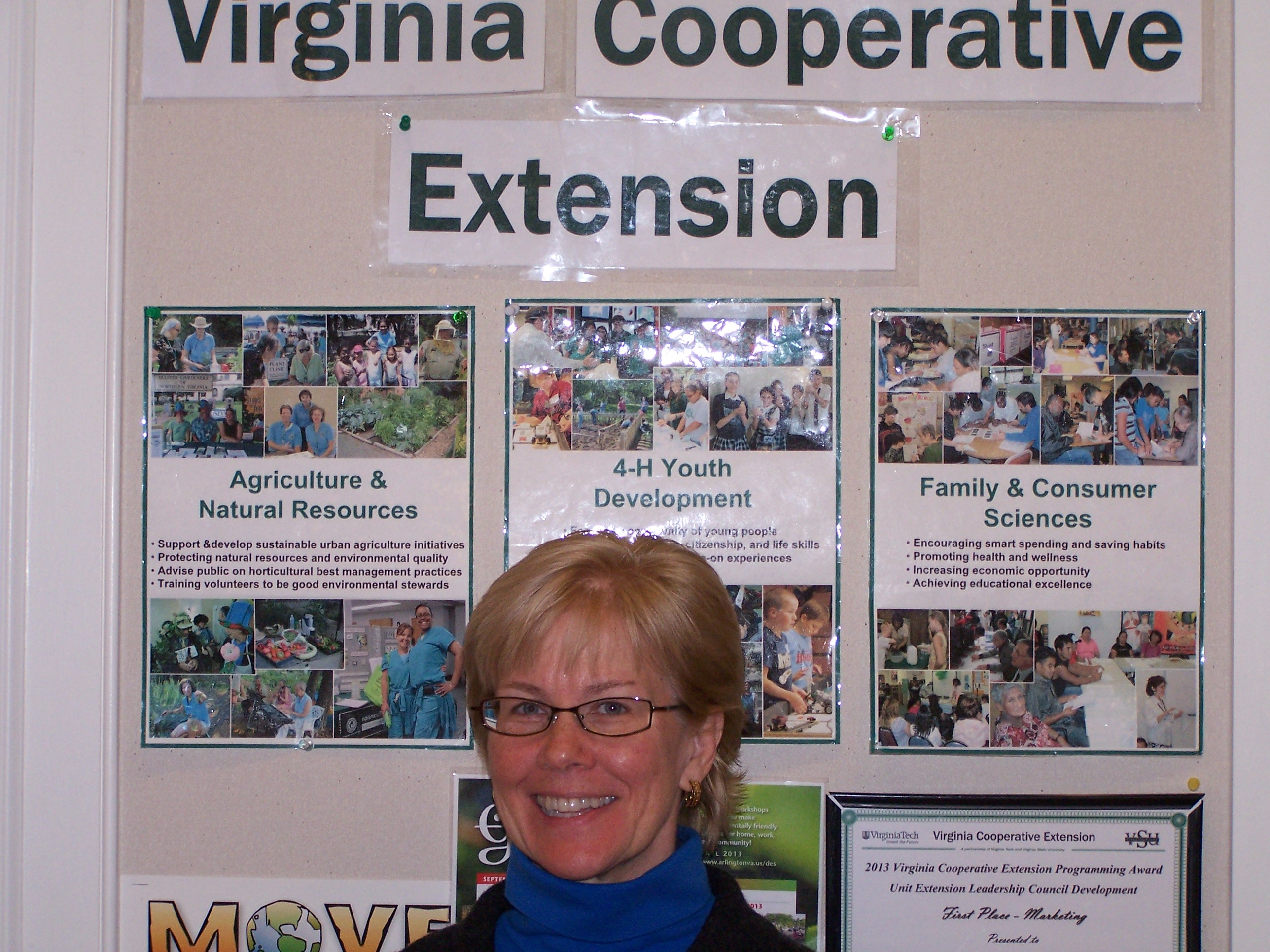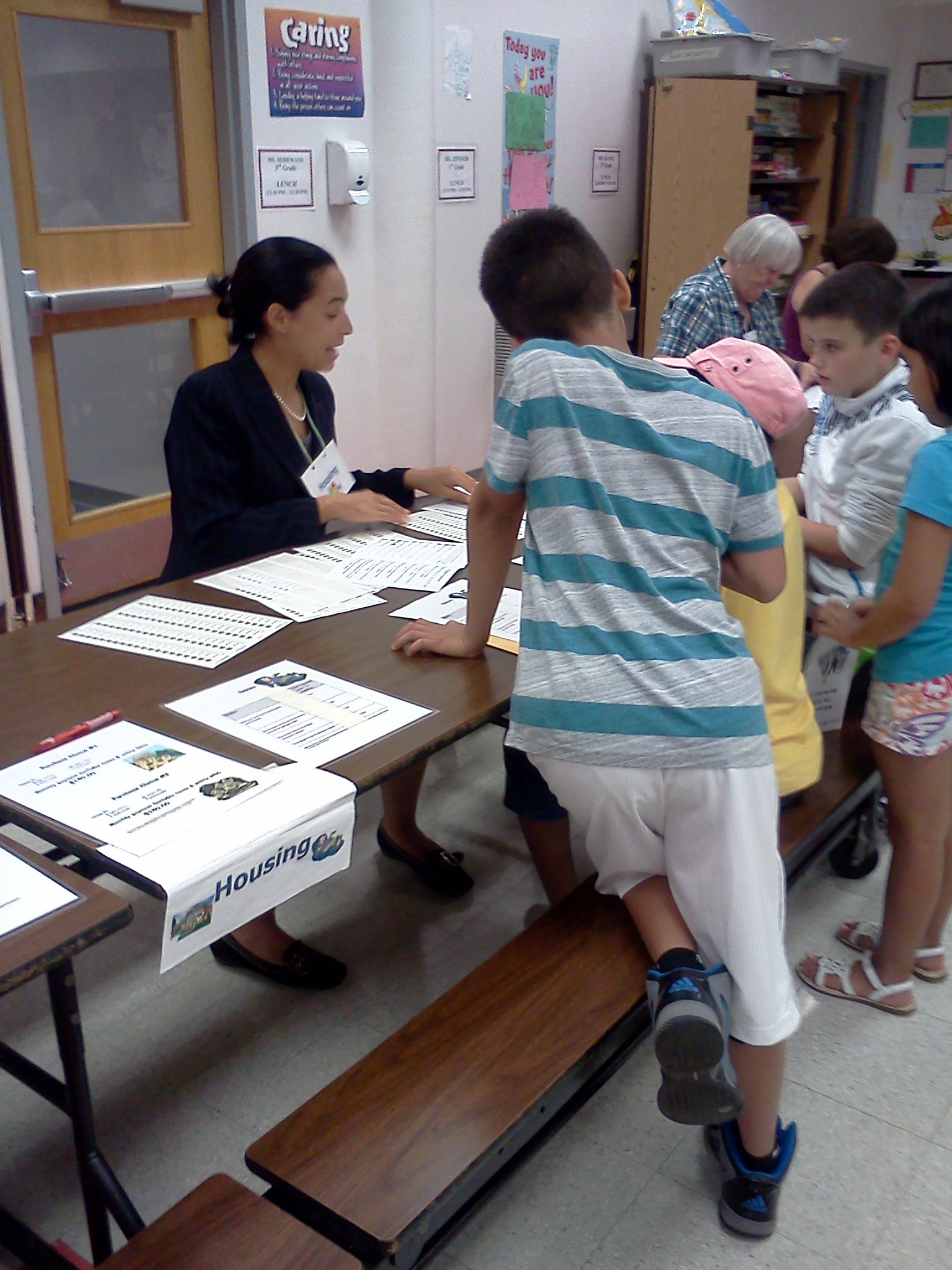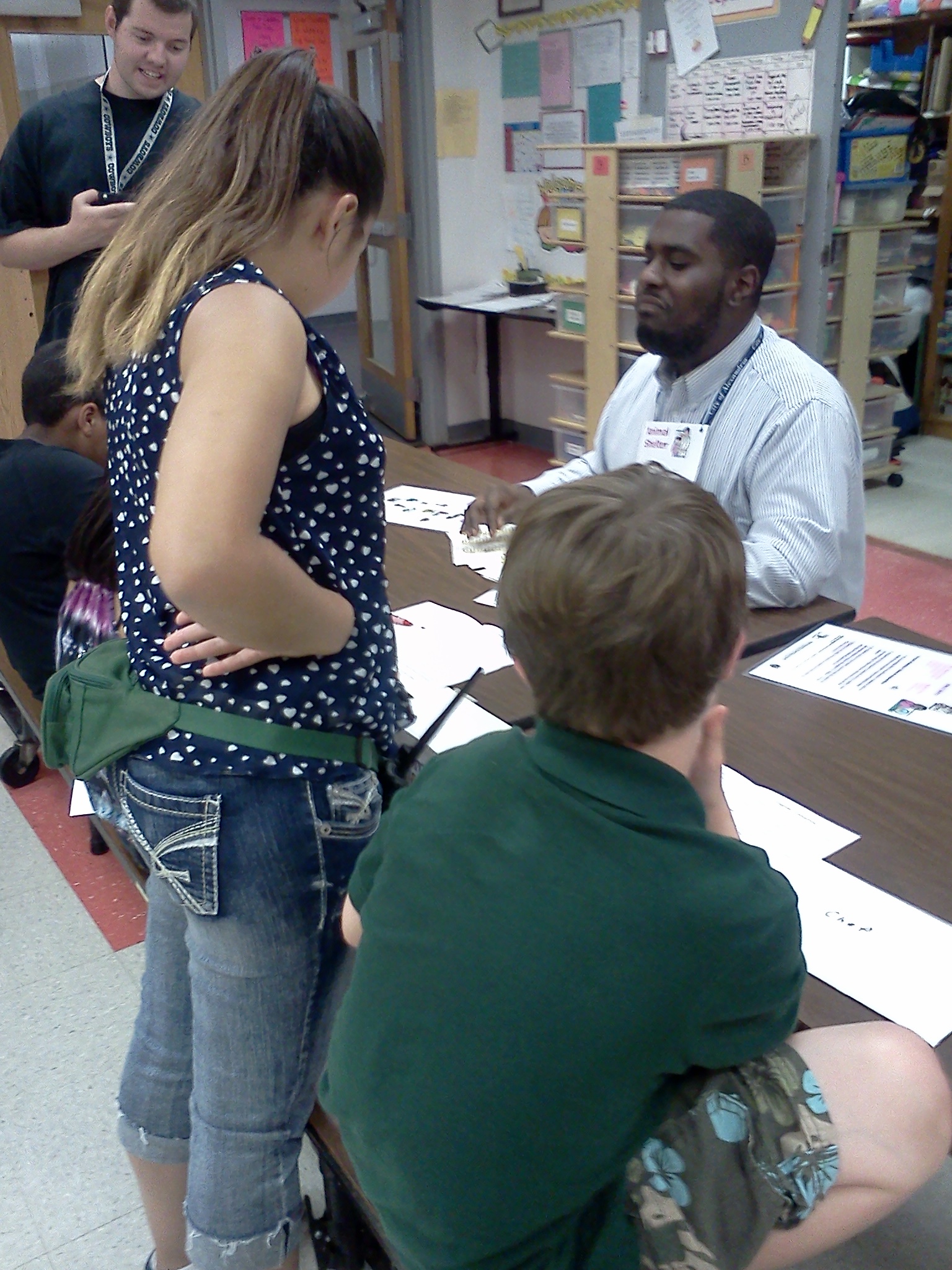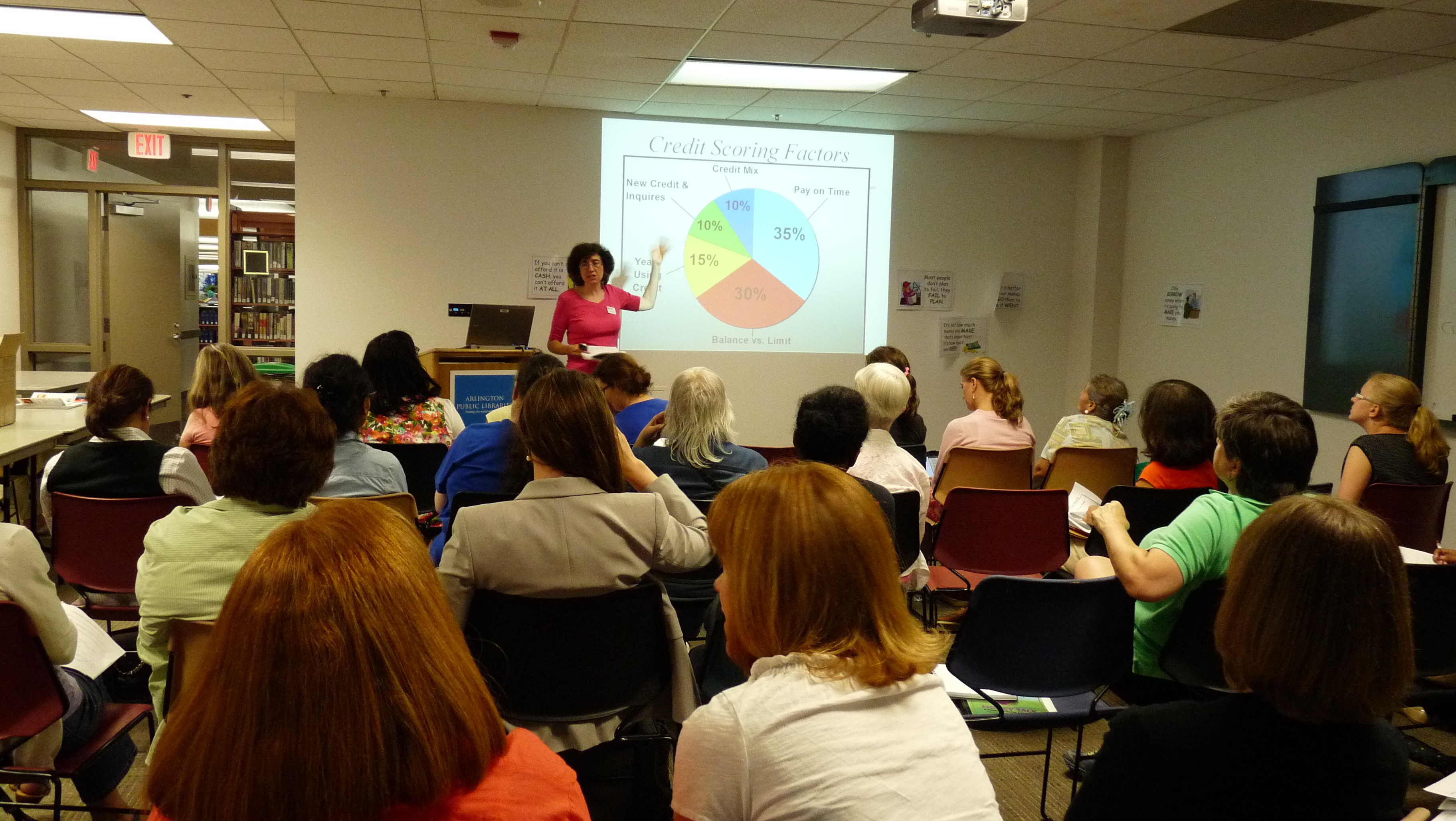As we move into 2014 we are pleased to offer many new financial education programs, along with old favorites. On January 22 we will start the ninth year of offering Money Talk: A financial course for women at the Arlington Central Library. This five-week course provides sessions on financial basics, insurance, investing, retirement planning, and planning for future life events. This popular course has occasionally drawn comments from men along the lines of “why are we being left out?” Thanks to volunteer Megan Kuhn, the gents no longer have to sit on the sidelines. Megan started a co-ed Money Talk course on Jan. 15. It runs five weeks as well and takes place at Calvary United Methodist Church in Crystal City.
In October we trained a new corps of Master Financial Education Volunteers and they have been enthusiastically creating new presentations. The team of David N., Dana, and Janet have developed a presentation for high school seniors and their parents on financial skills that all students should have as they head to college. They will be starting to offer this presentation to Wakefield, Washington-Lee, and Yorktown parents and students in February.
Other volunteer teams are working on programs for recently divorced women, reverse mortgages, and financial education for veterans. We are happy to be able to expand our offerings to serve other target audiences that have not gotten much attention from financial educators in the past.
In February we will start our fifth year of providing one-on-one financial counseling at free tax clinics in Arlington and Alexandria. These services will be available on Tuesday and Wednesday evenings and Saturday mornings through April 15. They will be followed by a series of money management classes for recipients of the services.
We also continue with our financial simulations for youth. On January 14th we conducted a Kids Marketplace activity for 50 students at Ashlawn Elementary School. On the 24th and 31st we will be at Kenmore Middle School to conduct a Reality Store with all of the 8th graders. We will also conduct a Reality Store on March 1 for the local chapter of Jack and Jill of America, Inc.
In April, be on the lookout for the new Ask a Financial Expert program at the Arlington Central Library. Our volunteers will be available to meet with people one on one and answer their budgeting, credit/debt, saving, record keeping, and basic investing information questions. The library will sign up and pre-screen patrons for this service. This is an exciting expansion of our long-running partnership with Arlington libraries.
Also in the spring we’ll once again offer our Spring Personal Finance seminar series at Arlington Central Library. If you have a topic that you’d like to see covered in this series, please let Jennifer know by dropping her a note at jabel@vt.edu.
Wishing everyone a prosperous and financially healthy year!







